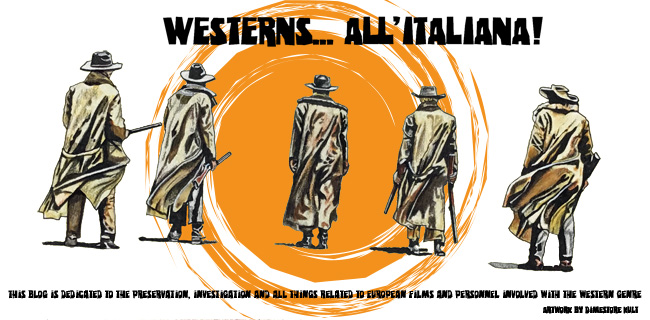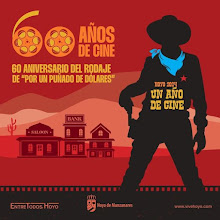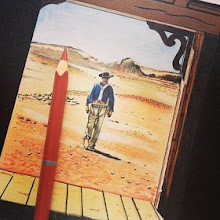 Carlo
D’Angelo was born on February 2, 1919 in Milan, Lombardy, Italy. At nine years
of age he took part in the choir of Scala and, after attending law school at
the University of Milan, he began his artistic career on the radio in 1941,
reaching the title Head of the Service Announcers and teacher of elocution. The
good looking, tall, slim, elegant and mature actor, became a voice actor for a
time before turning to acting on stage, debuting in 1947 at the Piccolo Teatro
in Milan by taking part in two plays directed by Strehler: “L'albergo dei
poveri” and “Gor'kij e Il mago dei prodigi di Calderón de la Barca”. The
following year, in a smaller roles he appeared in the Shakespearean repertoire
including Richard II and The Tempest, which is followed by a memorable edition,
made in San Miniato, the poem of Eliot” Assassinio nella cattedrale” with
Gianni Santuccio. In the following years, unable to free himself from small and
modest roles, he joins the theater group
Duse of Genoa, and participated for two seasons with shows at the National
Theatre, directed by Guido Salvini. In 1947 he founded in Rome Cooperative ODI
dubbing studio, with headquarters in Via Vicenza 5, with society actors in
society many coming from the radio drama, including Arnoldo Foa, Richard
Cucciolla, Achille Millo, Gemma Griarotti and Ubaldo Lay.
Carlo
D’Angelo was born on February 2, 1919 in Milan, Lombardy, Italy. At nine years
of age he took part in the choir of Scala and, after attending law school at
the University of Milan, he began his artistic career on the radio in 1941,
reaching the title Head of the Service Announcers and teacher of elocution. The
good looking, tall, slim, elegant and mature actor, became a voice actor for a
time before turning to acting on stage, debuting in 1947 at the Piccolo Teatro
in Milan by taking part in two plays directed by Strehler: “L'albergo dei
poveri” and “Gor'kij e Il mago dei prodigi di Calderón de la Barca”. The
following year, in a smaller roles he appeared in the Shakespearean repertoire
including Richard II and The Tempest, which is followed by a memorable edition,
made in San Miniato, the poem of Eliot” Assassinio nella cattedrale” with
Gianni Santuccio. In the following years, unable to free himself from small and
modest roles, he joins the theater group
Duse of Genoa, and participated for two seasons with shows at the National
Theatre, directed by Guido Salvini. In 1947 he founded in Rome Cooperative ODI
dubbing studio, with headquarters in Via Vicenza 5, with society actors in
society many coming from the radio drama, including Arnoldo Foa, Richard
Cucciolla, Achille Millo, Gemma Griarotti and Ubaldo Lay.D’Angelo’s film career was rather irregular and discontinuous, resulting in sometimes important roles, and in other cases so insignificant that it cannot even be classified as character or supporting roles. He was one of many great Italian actors who never received a leading role. He did appear in more meatier roles on television in such series and made for television movies as ‘Jane Eyre’ (1957), ‘The Adventures of Nicholas Nickleby’ by Dickens, directed by D'Anza (1958), ‘Canne al vento’ by Deledda directed by Mario Landi (1958), In 1963 he was the narrator in ‘Crime and Punishment’, by Anton Giulio Majano. Guglielmo Morandi entrusted him with starring roles in the original absolute Romildo Craven Bait (1958) and wrote in The Vicar of Wakefield ( 1959) , followed the direction of Charles Lodovici and always starring in three episodes of the triptych the major processes of the story: Trial of Louis XVI , Marie Antoinette process and process Danton (1962) , and took part in another drama directed by Silverio Blasi and written by Giorgio Prosperi , The Life of Michelangelo ( 1964).
Towards the end of his film career he appeared in two Euro-westerns under the pseudonym of Charles Angel: “Blood at Sundown” (1966) as Judge Waldorf, “The Great Silence” (1967) as the Governor of Utah. He was the Italian voice of Piero Lulli in “God Made Them, I Kill Them” (1968).
D’Angelo died on June 9, 1973 in Bologna, Emilia-Romagna, Italy.
Today we remember Carlo D’Angelo on what would have been his 95th birthday.










No comments:
Post a Comment